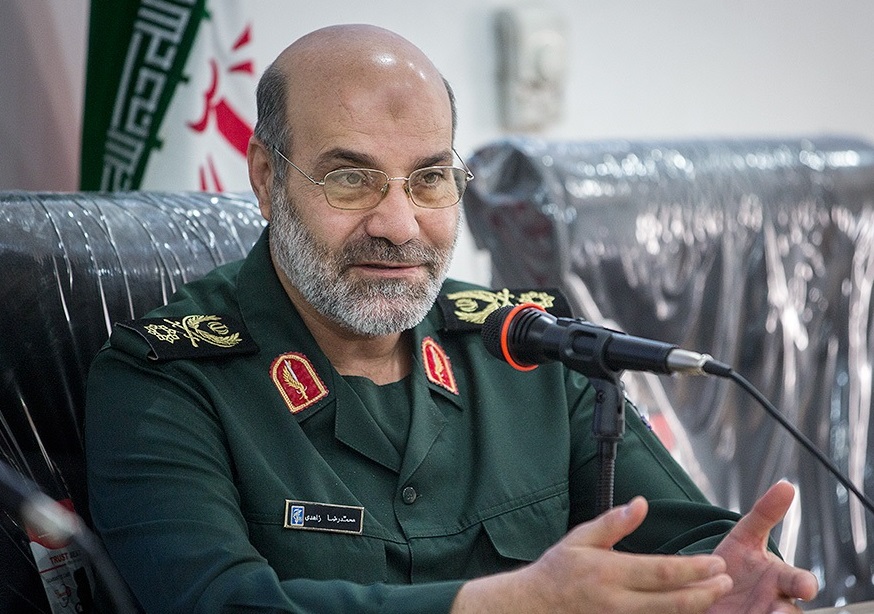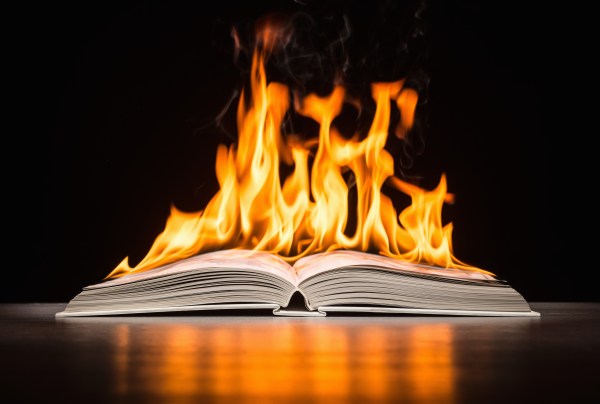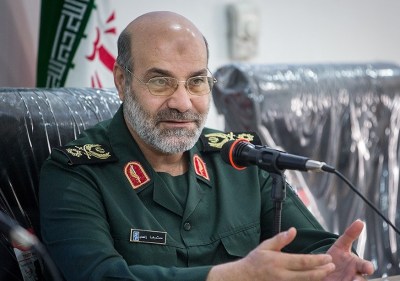Israel conducted one of its most audacious attacks against Iran’s armed entrenchment in years on Monday, killing Mohammad Reza Zahedi and his deputy and destroying what Iran said was its consular building in Damascus. Zahedi was commander of the Islamic Revolutionary Guard Corps (IRGC) Quds Force’s Department 2000, which oversees operations in the Levant. While the IRGC has a sprawling apparatus and can find a successor for Zahedi, he will not be easily replaced. The nature of the strike likely portends an Iranian response, but the regime will still tread carefully to avoid a direct armed conflict with Israel and the United States.
Who was Mohammad Reza Zahedi?
Mohammad Reza Zahedi was born on November 2, 1960, in Isfahan. In 1980, he joined the IRGC, where he was the commander of influential divisions like the 14th Imam Hossein Division during the Iran-Iraq War. Hossein Salami, the commander-in-chief of the IRGC, also commanded the 14th Imam Hossein Division, and like Zahedi, he hailed from Isfahan. The relationships Zahedi forged during these years were pivotal in his rise through the ranks.
Zahedi later held a series of positions, including as deputy commander and then commander of the IRGC’s ground force and commander of the IRGC’s air force. He had significant career overlaps with the late Ahmad Kazemi, who was killed in a mysterious plane crash in 2006. Kazemi commanded both the IRGC’s ground force and air force, and Zahedi succeeded him in both positions. Like Zahedi, Kazemi hailed from Isfahan and commanded the 14th Imam Hossein Division at one point during the Iran-Iraq War.
Zahedi also had experience with domestic security in Iran as operational commander of the IRGC’s Sarallah Headquarters, a key command responsible for Tehran. Separately, he was the IRGC’s overall deputy commander for operations for a period of time.
Zahedi likewise served tours as the commander of the IRGC Quds Force’s Lebanon Corps and Department 2000, which was his most recent posting. This is one of the most important commands of the Quds Force, given its proximity to and liaising with Hezbollah, the crown jewel of the Islamic Republic’s proxies. Zahedi was on the radar of the United States and Israel for a long time and was sanctioned as a specially designated global terrorist by the U.S. government in 2010. The Treasury Department reported he played “a key role in Iran’s support to Hezbollah” and “acted as a liaison to Hezbollah and Syrian intelligence services and is reportedly charged with guaranteeing weapons shipments to Hezbollah.” In this capacity, Zahedi had a longstanding and close relationship with its secretary-general, Hassan Nasrallah. This report from Amwaj Media illustrates this intimate dynamic between Zahedi and Hezbollah and places him as having been a member of Hezbollah’s Shura Council and an IRGC delegate to its Jihad Council at one point. These are two critical decision-making bodies for Hezbollah.
Zahedi held the rank of brigadier general. His experience in the IRGC ground force, air force, and Quds Force, not to mention his stint at the Sarallah Headquarters, demonstrates how the Quds Force often draws on expertise from other IRGC branches in service of its regional command structure because of its significance to Tehran. Mohammad Hejazi, who died under mysterious circumstances in April 2021, came to the helm of the IRGC’s Lebanon Corps with a similar skillset. He first served as commander of the Basij, chairman of the IRGC’s joint staff, deputy commander-in-chief of the IRGC in its entirety, and only thereafter deployed to Lebanon. He died as deputy commander of the Quds Force. Zahedi had a comparable pedigree—occupying a wide range of senior posts throughout the IRGC before assuming the Lebanon Corps commandership.
A loss for the IRGC and the Axis of Resistance.
Zahedi in his capacity as commander of Department 2000 of the Quds Force oversaw its Unit 2250, which is responsible for logistics, especially arms transfers and supporting Hezbollah, as IntelliTimes has reported. The late Razi Mousavi, the head of Unit 2250 before he was assassinated late last year, thus reported to Zahedi. Both men had longstanding relationships, networks, and experience, so their deaths are a blow to the IRGC. But they are not insurmountable: The fundamentals of the IRGC’s doctrine and strategy will remain the same.
Nevertheless, with the late IRGC Quds Force Commander Qassem Suleimani, Hejazi, Zahedi, and his deputy Mohammad-Hadi Haji-Rahimi removed from the battlefield, this may accelerate the ongoing trend of diffusion and decentralization of IRGC regional operations under Esmail Ghaani’s Quds Force commandership, with Hezbollah and other actors playing an increasingly active role in its supervision to compensate. A replacement for Zahedi will eventually be found, but the killing of his deputy, who previously served as the Quds Force deputy coordinator, its third-most senior position, further hollows out the Quds Force and Department 2000’s top brass. Zahedi likely played an integral role in the IRGC’s joint operations rooms with members of its Axis of Resistance and his loss will be felt there at the coordination level.
Will Iran respond?
Iran will feel pressure to respond more aggressively as this strike, unlike previous targeted killings, took place in an alleged Iranian diplomatic compound. Zahedi’s seniority is another factor. While he was not a major general like Suleimani, he still had a significant stature in Tehran. Further, voices within the Islamic Republic’s establishment have complained about a loss of deterrence against Israel after a series of assassinations. However, any Iranian response is still likely to be carefully calibrated to avoid a direct conflict with Israel and the United States at a time when the Iranian leadership is unpopular at home and succession questions loom large, with Supreme Leader Ayatollah Ali Khamenei turning 85 this year.
Some observers interpreted Khamenei’s condolence note on Tuesday that punishment will be undertaken “by the hands of our brave men” as meaning Iran will retaliate directly rather than use its proxies. But the wording was vague, and Khamenei considers himself the leader of the Islamic Revolution, including its proxies, and not just Iran. An indirect answer to Israel’s strike would preserve the regime’s signature plausible deniability while avoiding escalation. If Khamenei decides to respond via Iranian forces, such an operation could mirror what took place after the killing of Razi Mousavi in December, with a strike on what Iran claimed were Mossad facilities in a third country where it does not fear a response, like Erbil, Iraq.
Lastly, Khamenei has lately been focused on the importance of maintaining supremacy in the media war with Washington and its allies like Israel. This is critical amid the hostilities in Gaza after the October 7 massacre. Iranian leaders will factor this into their decision-making. Israel’s actions have generated sympathy for the Palestinian cause—insulating Iran and isolating the United States and Israel, and Iran is unlikely to want to detract attention from that.






Please note that we at The Dispatch hold ourselves, our work, and our commenters to a higher standard than other places on the internet. We welcome comments that foster genuine debate or discussion—including comments critical of us or our work—but responses that include ad hominem attacks on fellow Dispatch members or are intended to stoke fear and anger may be moderated.
With your membership, you only have the ability to comment on The Morning Dispatch articles. Consider upgrading to join the conversation everywhere.